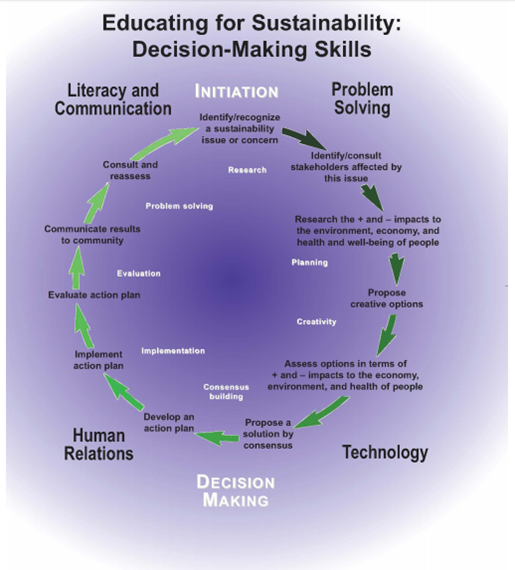Teachers
If schools are interested in participating they MUST REGISTER THEIR SCHOOL –

Teacher Training
Training sessions provide teachers with a better understanding of the contest and the local watershed issues. The Program Coordinator is available for an in-person or group training. Call for a meeting today!
FREE – Classroom Presentations and Community Mentor
Teachers may request a classroom presentation to introduce the topic of watersheds, discuss local environmental concerns and explain the contest. If a watershed ambassador is available, a 60 minute presentation will be provided plus mentorship throughout the contest. Free watershed resources are also available. Contact your local Program Coordinator.
Teacher Time Commitment
- This contest can be an after school activity or in-class project
Student’s success directly relates to teachers assigning the contest and assisting students with their work. Giving students sufficient time to complete the contest assignment is more effective in producing quality projects. - Attend teacher training (optional)
- Discuss and assign the contest
- 30 minutes
- Assist students with ideas
- time commitment will vary depending on level of interest of students and teacher
- Remind students about contest entry deadline
- initially every other week – 10 minutes times six weeks
- every week one month prior to deadline – 10 minutes times four weeks
- Students may want to give a classroom presentation (optional)
- 5 minute time limit per presentation
- If your student is selected as a finalist, help prepare them for their verbal presentation
- up to 2 hours
- If your student is selected as a finalist, attend verbal competition and awards presentation
- 4 hours
Lesson Plans
Wetland education plans for teachers and students provided by Ducks Unlimited Canada.
Skill Development
Students develop many skills by participating in the CARING FOR OUR WATERSHEDS program. Below is visual description of how CARING FOR OUR WATERSHEDS builds decision-making skills.

Curriculum Connections
Below are some of the strongest links CARING FOR OUR WATERSHEDS has to curriculum.
You may also download a PDF that details how CARING FOR OUR WATERSHEDS meets objectives in Manitoba’s curriculum. Click here.
| Grade | Curriculum | “Caring for our Watersheds program” best fits to Manitoba Curriculum |
| 7 | Science | Cluster 1: Interactions Within Ecosystems Cluster 4: Earth’s Crust |
| 7 | Social Science | Active Democratic CitizenshipCritical and Creative Thinking
Cluster 2: Global Quality of Life |
| 8 | Science | Cluster 4: Water Systems |
| 8 | Social Science | Active Democratic Citizenship Critical and Creative Thinking |
| 9 | Science | Cluster 3: The nature of electricity |
| 9 | Social Science | Cluster 3: Canada in the Global Context
Cluster 4: Canada: Opportunities and Challenges |
| 10 | Science | Cluster 1: Dynamics of Ecosystems
Cluster 2: Chemistry in Action |
| 10 | Social Science | Cluster 2: Natural ResourcesCluster 4: Industry and Trade
Cluster 5: Urban Places |
| 10 | Physical/Health | 1. Movement |
| 11 | Science | Decision-Making |
| 11 | Social Science | New physical geography curriculum coming soon |
| 12 | Science | Unit 5 – Conservation of Biodiversity |
| 12 | Social Science | Unit IV – World Resources, Energy, and Environment 1. World Resources: Distribution and Demands2. World Energy: Present Status and Future Prospects3. Present Challenges |